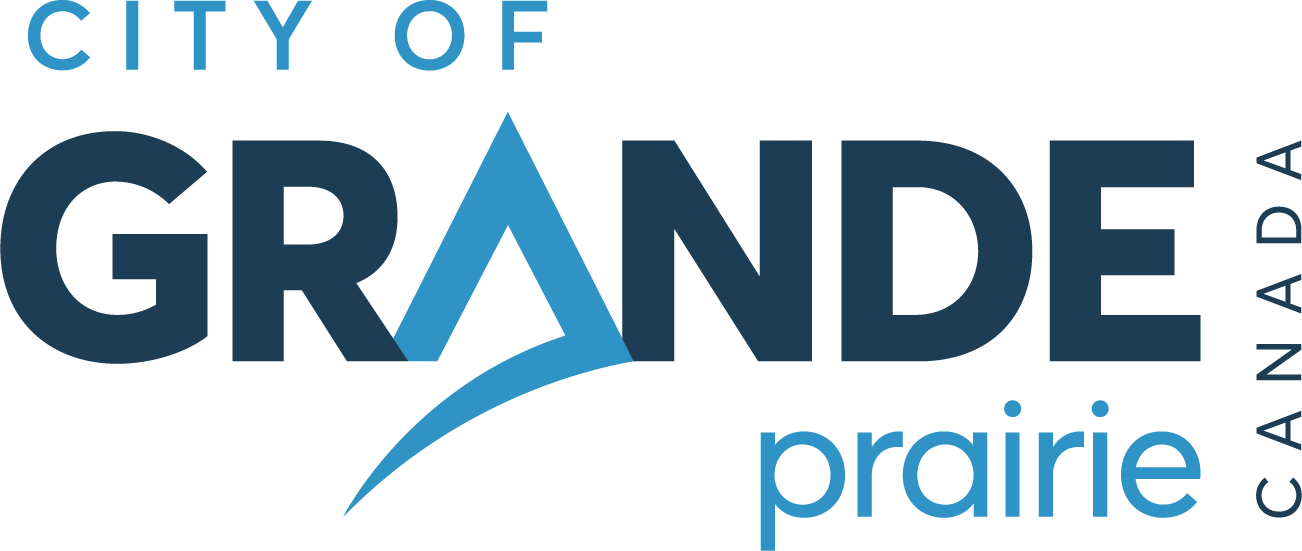What is Naturalization?
Naturalization is the process by which land that was previously maintained through mechanical mowing is returned to a natural state, similar to surrounding naturally occurring ecosystems.
Many municipalities within Alberta are moving towards more naturalized landscapes to capitalize on the many ecosystem services provided by natural areas.

Boulevard Naturalization Pilot Program
In the fall of 2022, Council directed administration to develop a boulevard naturalization pilot program. This initiative involves returning land to its natural state by ceasing mechanical control and allowing existing vegetation to grow in place.
At the February 21, 2023, Council meeting, Administration presented the pilot program and Council approved to proceed. The following locations are being evaluated as part of the pilot program from spring 2023 to fall 2025:
- 116 Ave near Copperwood
- 84th Ave near Canfor
- Resources Road
We encourage all residents who have questions about the pilot program to stay informed by visiting the City's website at cityofgp.com/naturalization or by reaching out to us via email at info@cityofgp.com or by calling 311.
For more information on the pilot program, please visit engage.cityofgp.com/naturalization
Throughout the pilot program, City administration has been evaluating the feasibility and effectiveness of naturalizing boulevards within our city. Based on these evaluations to date, City Council has directed temporary adjustments to the program boundaries in:
- 116 Ave near Copperwood
- 84th Ave near Canfor
- Resources Road
The City will mow a maintenance strip (red) along the back of residential fences in both the 116 Ave and Resources Road pilot locations. The south portion of the 84th Ave pilot location was also removed.
Image
Related Information
Ecosystem services are services provided through natural landscapes that offer benefits without significant capital investment. These services are broken into four categories: provisioning, regulating, supporting, and cultural.
- Provisioning services include raw materials naturalized areas provide residents such as edible landscapes.
- Regulating services include benefits provided by naturalized areas for the protection of infrastructure, such as the retention of stormwater runoff to prevent downstream flooding.
- Supporting services include benefits provided by naturalized areas for non-human organisms such as bees and other local pollinators.
- Cultural services include the intrinsic value naturalized landscapes provide humans and the benefits offered through human interactions with these landscapes.
- Slows water runoff, reducing erosion and increasing absorption, particularly on slopes.
- Stabilizes the banks around storm ponds, berms, and ditches to prevent erosion.
- Filters stormwater, protecting riparian areas that form part of the City’s drainage system.
- Reduces mowing & fertilization, which lowers the City’s greenhouse gas (GHG) emissions.
- Facilitates improved carbon sequestration on the landscape.
- Supports habitat for bird species and pollinators.
- Improves worker safety by removing heavy equipment from operating on slopes.
- Reduces infrastructure & equipment damage by removing equipment from wet areas.
- Improves operational efficiency and capacity to absorb new parkland through development.
- Increases biodiversity on the landscape, which improves resilience to insect/disease issues.
Council Meetings
October 03, 2022, at 3:00 P.M.
February 21, 2023, at 3:00 P.M.
Operational Services Committee
February 14, 2023, at 9:45 A.M.
Naturalization One-Pager
BOULEVARD NATURALIZATION PILOT PROGRAM: Enhancing the City's Ecology and Sustainability
